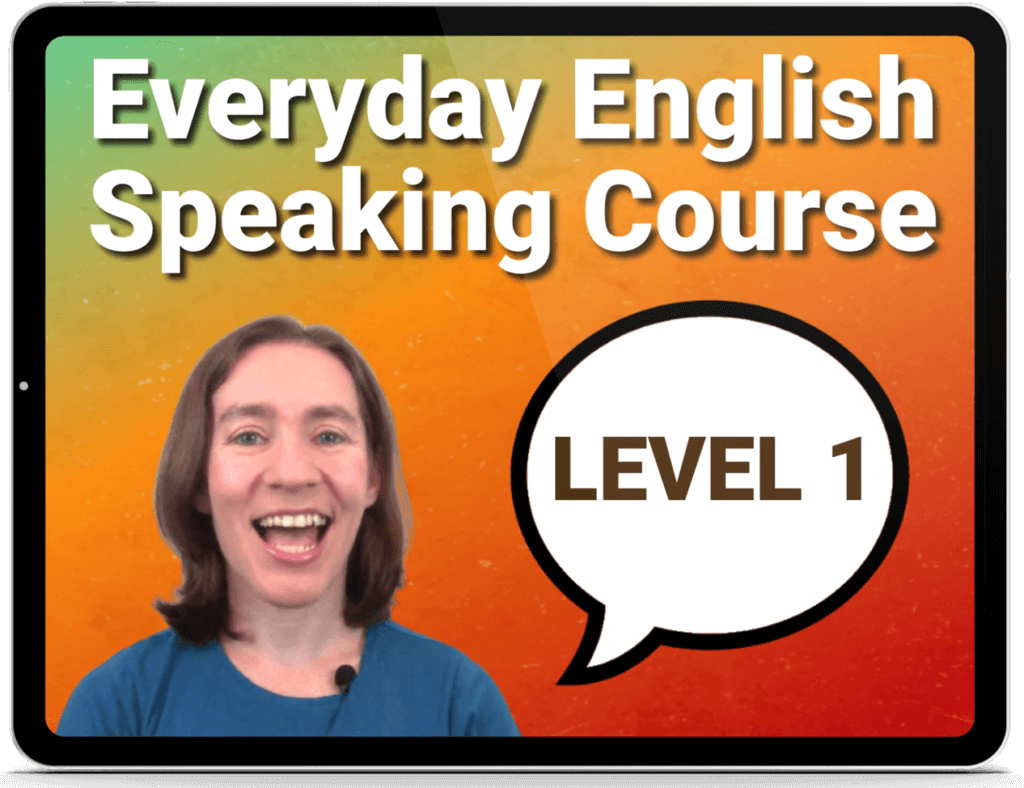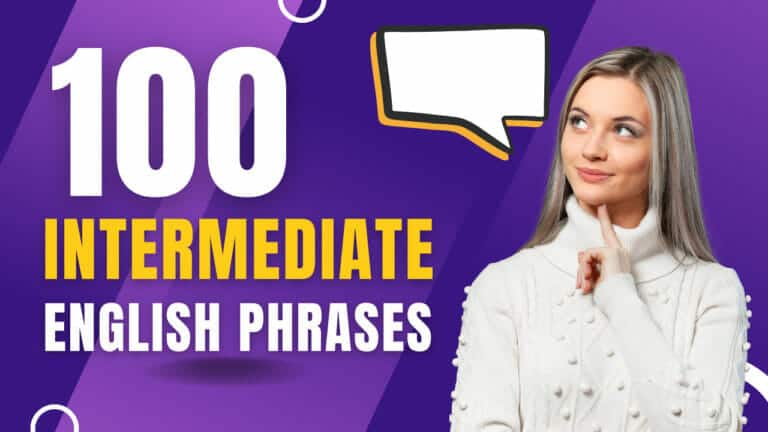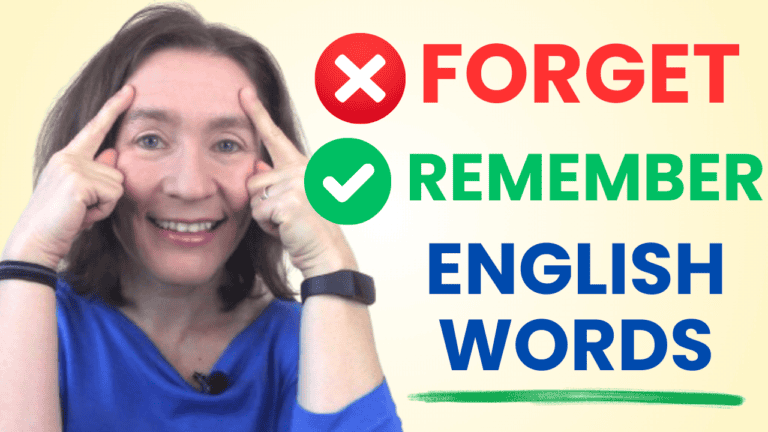
(Remember that in English we say “I missed my flight” and not “I lost my flight”)
Today we’ll learn some phrases you can use to talk about bad travel experiences and problems that can happen on a trip.
You can learn a lot more travel English – phrases for airports, hotels, restaurants, shopping, sightseeing, and more – inside my Everyday English Speaking Course, which contains a section on travel English in Level 1 of the course.
OK, now let’s get started with our first phrase:
“My flight was overbooked, and I got bumped to a later one.”
A “flight” is a trip by airplane. If the flight is “overbooked,” it means that the airline sold too many tickets, and there is not enough space on the plane for all the people who have purchased tickets. This means that some people will get “bumped” to a later flight – they can’t go on the flight at the original time, and have to wait for a different flight later.
“It took me four days to recover from the jet lag.”
“Jet lag” is when you travel to a different time zone, and your body’s “clock” is different from the local time. This makes you wake up too early or feel tired in the middle of the day, for example. Depending on the time difference, it can take several days for your body to adjust to the new time zone. We can also use the word as an adjective: “I’m jet-lagged.”
“My hotel was in a really seedy area.”
A “seedy” area is a place that looks dirty, disorganized, and possibly dangerous. Another word that can be used to describe this type of neighborhood is “sketchy.”
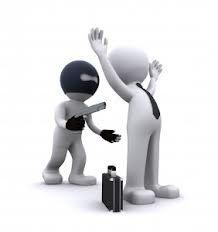
“I was mugged while walking in the city center – in broad daylight!”
If you were mugged, it means that a robber (or thief) stole valuable things from you, such as your wallet, cell phone, purse or bag, or jewelry – while you were on the street or in another public place. In broad daylight” means that the event happened during the daytime and was clearly visible.
Mugging may be with or without violence. If a weapon was used, we often say “mugged at knifepoint” or “mugged at gunpoint.” (Alternatively, you can say “robbed at knifepoint” or “robbed at gunpoint.”) “
“The weather was miserable – the rain didn’t let up for a minute.”
When we describe the weather as “miserable,” it means the weather was terrible (very bad) – usually with lots of rain and/or it was cold. When we say the rain didn’t “let up,” it means the rain didn’t stop. It rained continuously during the trip.
“We forgot to bring bug spray and got completely bitten up.”
“Bug spray” (also called “bug repellent” or “insect repellent”) is a chemical product you can apply to your skin to keep insects away. If you got “bitten up,” it means you got lots of bites by mosquitoes or other insects.
“I ended up with huge blisters after our walking tour of the city.”
“Blisters” are pockets under your skin filled with fluid. People often get blisters on their feet after walking, running, or hiking for a long time. You can also get blisters if your shoes don’t fit well. The phrasal verb “ended up” is used to describe the final result of something.
“Something I ate didn’t agree with me, and I got the runs.”
If you say that a food “didn’t agree with you,” it means that it made you a little bit sick. Your stomach felt agitated and maybe you threw up (vomited) or got the runs (diarrhea).
“I bought a T-shirt, but it was a total rip-off.”
A “rip-off” is something that is extremely overpriced (it costs much more than it should). For example, if a bottle of water costs $2 in the pharmacy, but costs $6 inside the baseball stadium, then we can say it’s a rip-off.
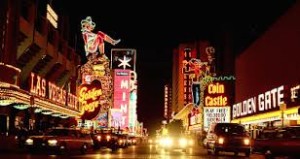
Image source: Larry D. Moore CC BY-SA 3.0
“The place was nothing but a tourist trap.”
A “tourist trap” is a place that is designed to attract tourists and make them spend lots of money. It is usually a place that has lots of positive publicity, but isn’t very interesting in reality because the main goal is to get the tourists’ money.
“I was hung over on the last day of my trip.”
If you are “hung over,” it means that you feel sick (you have a headache, you are tired, and perhaps a stomachache) because you drank too much alcohol the night before. The adjective is “hungover” and the noun is “hangover,” so we can also say “I had a hangover on the last day of my trip.”
“I had to catch the red-eye in order to get back in time for work on Monday morning.”
A “red-eye” is a flight that leaves very late at night and arrives early the next morning. It is called a “redeye” because you can’t sleep very well on the plane, so you usually arrive tired, with your eyes red and irritated from lack of sleep!



